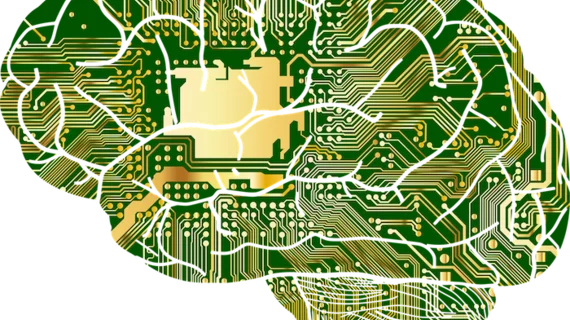Appreciation of machine learning on the rise among imaging professionals
How significant is the hype surrounding artificial intelligence and machine learning in radiology? According to new market research from Reaction Data, 77 percent of imaging professionals said they think machine learning is important when asked about it in 2018, up from 65 percent in 2017. In addition, 59 percent said they understand what machine learning is, up from 52 percent the previous year.
“Machine Learning is one of the hottest topics in healthcare today, especially in medical imaging,” according to the study’s introduction. “It promises to provide efficiencies in several areas with the expectation of improving quality while decreasing costs.”
The report includes input from 147 organizations. Thirty-six percent of respondents were from academic medical centers, 22 percent were from community hospitals, 15 percent were from integrated delivery networks and another 12 percent were from imaging centers. Also, while 32 percent of respondents were radiologists, others who took part included directors of radiology (19 percent), technologists (18 percent) and PACS administrators (15 percent).
Reaction Data also asked respondents how much they would be willing to pay to implement machine learning at their facility. “We'd like it to be integrated into PACS software so it's free, but we understand there is a cost for everything,” one PACS administrator said. “We wouldn't want to pay more than $1 per study.”
“The market has not matured yet since we are in the research phase of development and cost is unknown,” one radiologist answered. “I expect the initial cost to be on the high side.”

